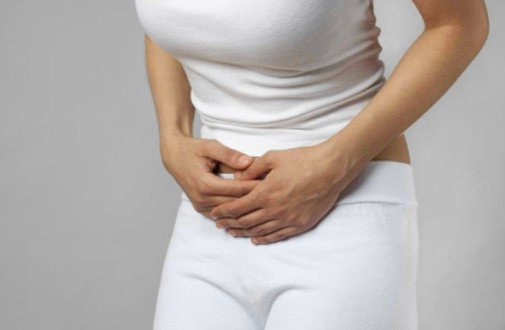
Are you exercising and eating well, but still struggling to achieve a flat belly? Maybe the problem isn’t fat. Maybe, just maybe, it’s bloating?
Take a look at my suggestions on how you can improve bloating symptoms.
Irritable Bowel Syndrome (IBS) doesn’t always cause cramping, gas and diarrhoea. In some people it presents as a persistent stomach bulge. And, it’s more common than you think with recent estimates suggesting that one in every five people will experience IBS at some point in their lives.
If you’re reading this and think, “This could be me!” the next step is to make an appointment to see a Dietitian. After a thorough assessment your Dietitian may choose to commence you on a low FODMAP diet to help diagnose the types of food that your body is intolerant to. If FODMAPs are an issue for you, you’ll start to see an improvement in just days.
The low FODMAP (Fermentable oligosaccharides, disaccharides, monounsaccharides and polyols) diet is a diet designed to eliminate common foods from your diet that you could be intolerant to which may trigger your symptoms. The elimination phase of the diet should ideally continue over a period of 4 weeks. Your Dietitian can help you ensure that your diet is still nutritious as well as being able to identify potential triggers that might still be hiding in some foods, such as in sauces or flavourings.
While following an elimination diet it is important to realise that this is not a long-term solution. Yes, you want reduce your bloating, but you also don’t want to cut out foods you love if you don’t have to! So during phase two, your Dietitian will guide you through a series of dietary challenges to assist in diagnosing the FODMAPs that your body reacts to. Other foods can be re-introduced back into your diet.
The foods that you notice flare up your IBS symptoms will have to be challenged again in smaller doses so you can find your tolerance level. It is a dose-dependant reaction so you may find that one slice of toast is ok for brekky, but a sandwich at lunch (using two slices of bread) is too much for your body to handle.
When you can confidently identify and avoid foods that trigger your IBS you will find that the associated bloating will resolve. A food intolerance is no reason to sacrifice your healthy diet – remember to only eliminate foods you must to prevent IBS symptoms. Be sure to always seek guidance from your local dietitian when following any type of elimination diet.
